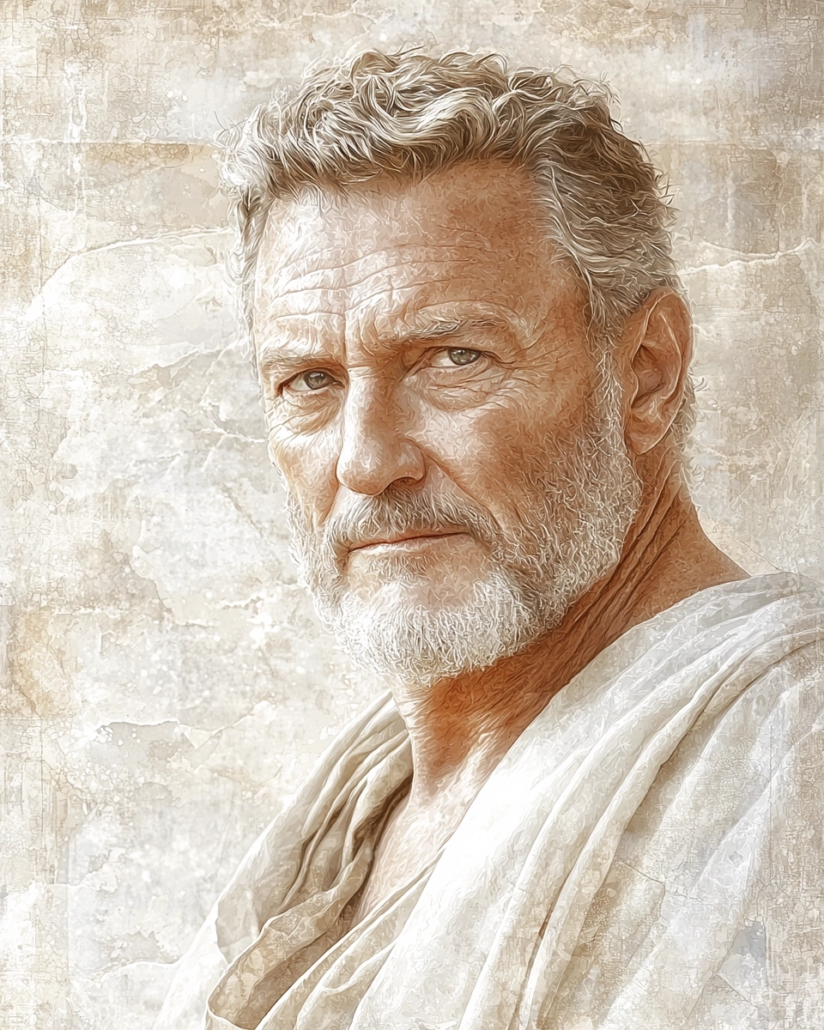Explore the Stoic Teachings and Life of Junius Rusticus 🌿
Life and Stoic Teachings
Junius Rusticus (born c. 100 AD – died c. 170 AD) was a prominent Roman Stoic philosopher and a key mentor to Emperor Marcus Aurelius. Known for his profound influence on one of history’s most famous Stoic leaders, Rusticus is celebrated for his emphasis on virtue, reason, and self-discipline as paths to a fulfilling life.
Historical Context and Influence
Junius Rusticus was a respected figure in the Roman Empire, serving as both a statesman and a teacher of Stoicism. His intellectual influence was notably reflected in the personal philosophy of his pupil, Marcus Aurelius, who would go on to rule Rome guided by Stoic principles. Through Rusticus, Marcus discovered the works of Epictetus, further deepening his dedication to Stoicism. This mentorship shaped the emperor’s worldview and helped solidify Stoic thought as a guiding philosophy in Rome. Deepen: Wikipedia
Why are his teachings and views so valuable?
Rusticus’s teachings on the importance of controlling one’s inner thoughts and focusing on virtue have timeless appeal. In a fast-paced world, his philosophy provides guidance on achieving calm, resilience, and moral clarity in the face of daily challenges. His work reminds us that true freedom comes from inner strength rather than external circumstances. For more on Stoic applications today, visit: Stoicism Today
Key Teachings
Rusticus taught that virtue and reason were the foundation of a meaningful life. He stressed the importance of self-control and the rejection of external rewards in the pursuit of happiness. Rusticus’s teachings emphasized that only through mastery over one’s own mind could a person achieve lasting peace and freedom. These lessons resonated deeply with Marcus Aurelius, shaping his views on leadership and duty.
Legacy
- “Rusticus inspired not only Marcus Aurelius but also later Stoics and philosophers.”
- “His ideas on moral virtue and reason influenced Roman thought deeply.”
- “Through his teachings, Rusticus left a lasting impact on Stoicism’s evolution.”
Cardinal Virtues Embodied by the Philosopher
- “Wisdom – The pursuit of knowledge and rational understanding.”
- “Justice – Acting with fairness and integrity in all situations.”
- “Courage – Facing challenges with resilience and inner strength.”
- “Temperance – Exercising self-control and balance in thoughts and actions.”
Quotes attributed to him
- “Self-mastery is the foundation of true freedom.”
- “Virtue is the sole path to a life well-lived.”
- “One must seek strength within, not from external rewards.”


